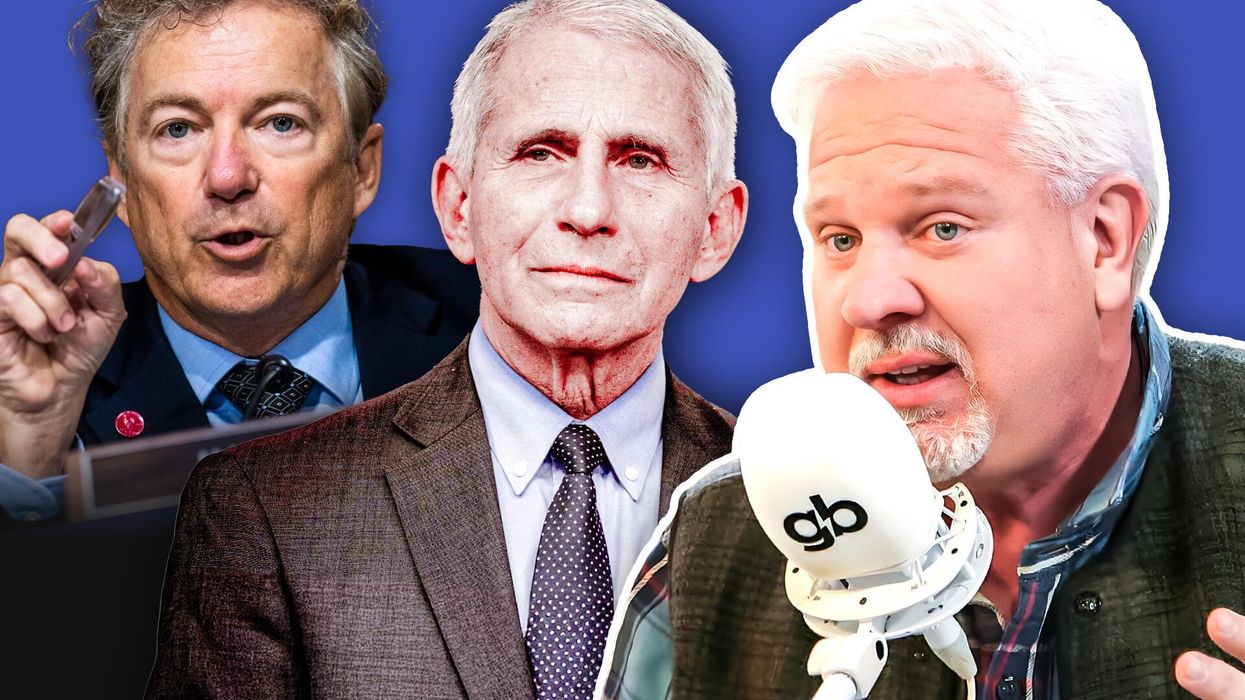© 2024 Blaze Media LLC. All rights reserved.
"...Becoming More Vanilla."
One can only imagine the whirling dervish-like frenzy that would be started in the mainstream media if Fox News Channel host Glenn Beck used the term "Chocolate City" to describe Washington, DC. He did not, but NPR did.
The full eight minute piece is here for your education, but it is riddled with some curious contradictions. (if the media player does not open, click on the link to NPR's site)
The NBC affiliate in Washington DC did cover the story;
NPR aired an eight-minute feature on D.C.’s Anacostia neighborhood on Tuesday morning. The website version was titled “D.C., Long ‘Chocolate City,’ Becoming More Vanilla” -- but even with the flavorful name, it left a bad taste in many locals’ mouths.
On the air, reporter Alex Kellogg said, “There’s major changes going on inWashington, D.C. This is a city that, in 1970, was about 71 percent black. And now it's about 53 percent black, as of 2009. … That's a city that will soon no longer be majority African-American, and a lot of the gains are in the white population that's moving in.”
In the online version, Kellogg wrote, “For decades Washington, D.C., was known affectionately as ‘Chocolate City’ to many black Americans, because it was predominantly African-American.” But D.C. “has quickly become one of the most expensive cities in America, and one of the only cities in the U.S. where property values continue to rise despite the economic downturn.”
Kellogg wrote that “in recent years, even areas like Anacostia -- a community that was virtually all-black and more often than not poor -- have seen dramatic increases in property values. The median sales price of a home east of the river -- for years a no-go zone for whites and many blacks -- was just under $300,000 in 2009, two to three times what it was in the mid-'90s.” After profiling one black resident who moved out, Kellogg spoke with David Garber, a “newcomer” among those who “see themselves as trailblazers fighting to preserve the integrity of historic Anacostia.”
But Garber and others didn’t like the portrayal, as even WAMU’s Anna John noted in her DCentric blog, where she headlined a post “‘Morning Edition’ Chokes On Chocolate City.”
On his own blog And Now, Anacostia, Garber wrote that the NPR story “was a dishonest portrayal of the changes that are happening in Anacostia. First, his evidence that black people are being forced out is based entirely on the story of one man who chose to buy a larger and more expensive house in PG County than one he was considering near Anacostia. Second, he attempts to prove that Anacostia is becoming ‘more vanilla’ by talking about one white person, me -- and I don’t even live there anymore.”
Garber also complained that Kellogg “chose to sensationalize my move out of Anacostia” by linking it to a break-in at his home, which Garber says was unrelated to his move. Garber says Kellogg chose to repeat the “canned story” of Anacostia -- which We Love D.C. bluntly calls a “quick and dirty race narrative.”
Garber continues, “White people are moving into Anacostia. So are black people. So are Asian people, Middle Eastern people, gay people, straight people, and every other mix. And good for them for believing in a neighborhood in spite of its challenges, and for meeting its hurdles head on and its new amenities with a sense of excitement.”
Want to leave a tip?
We answer to you. Help keep our content free of advertisers and big tech censorship by leaving a tip today.
Want to join the conversation?
Already a subscriber?
more stories
Sign up for the Blaze newsletter
By signing up, you agree to our Privacy Policy and Terms of Use, and agree to receive content that may sometimes include advertisements. You may opt out at any time.
© 2024 Blaze Media LLC. All rights reserved.
Get the stories that matter most delivered directly to your inbox.
By signing up, you agree to our Privacy Policy and Terms of Use, and agree to receive content that may sometimes include advertisements. You may opt out at any time.


